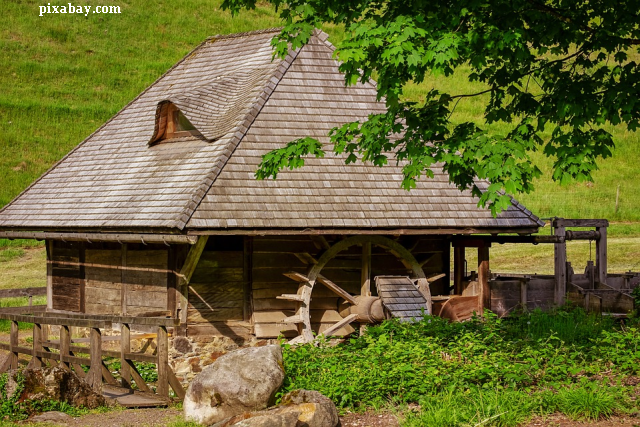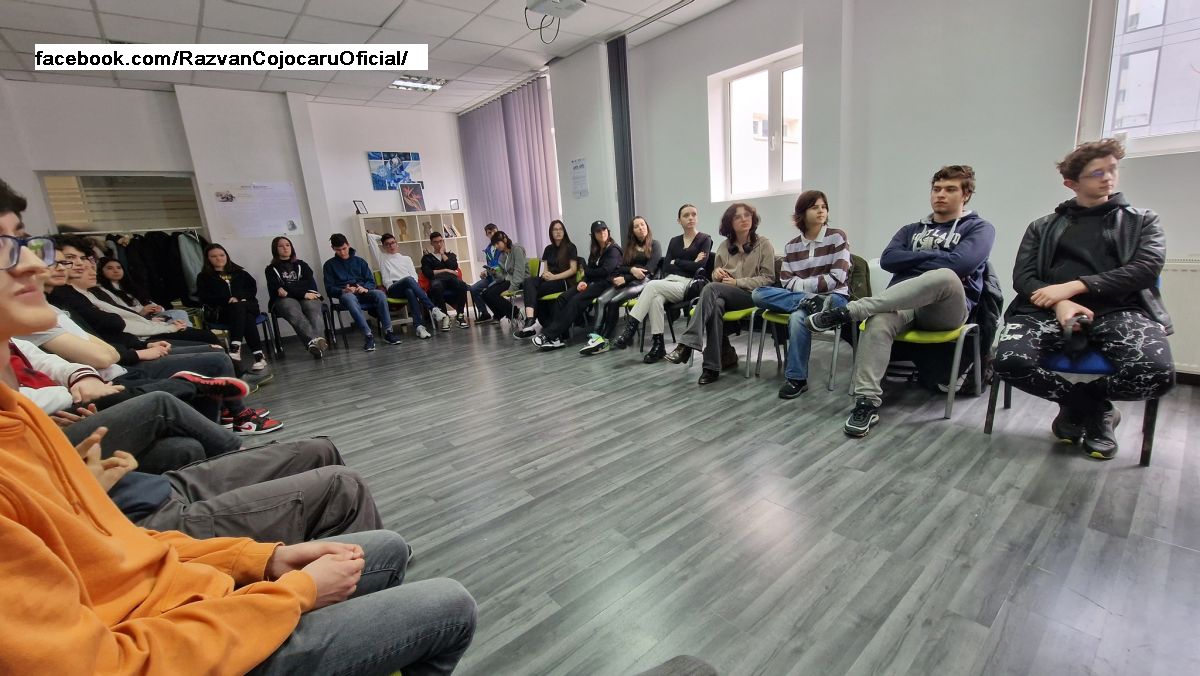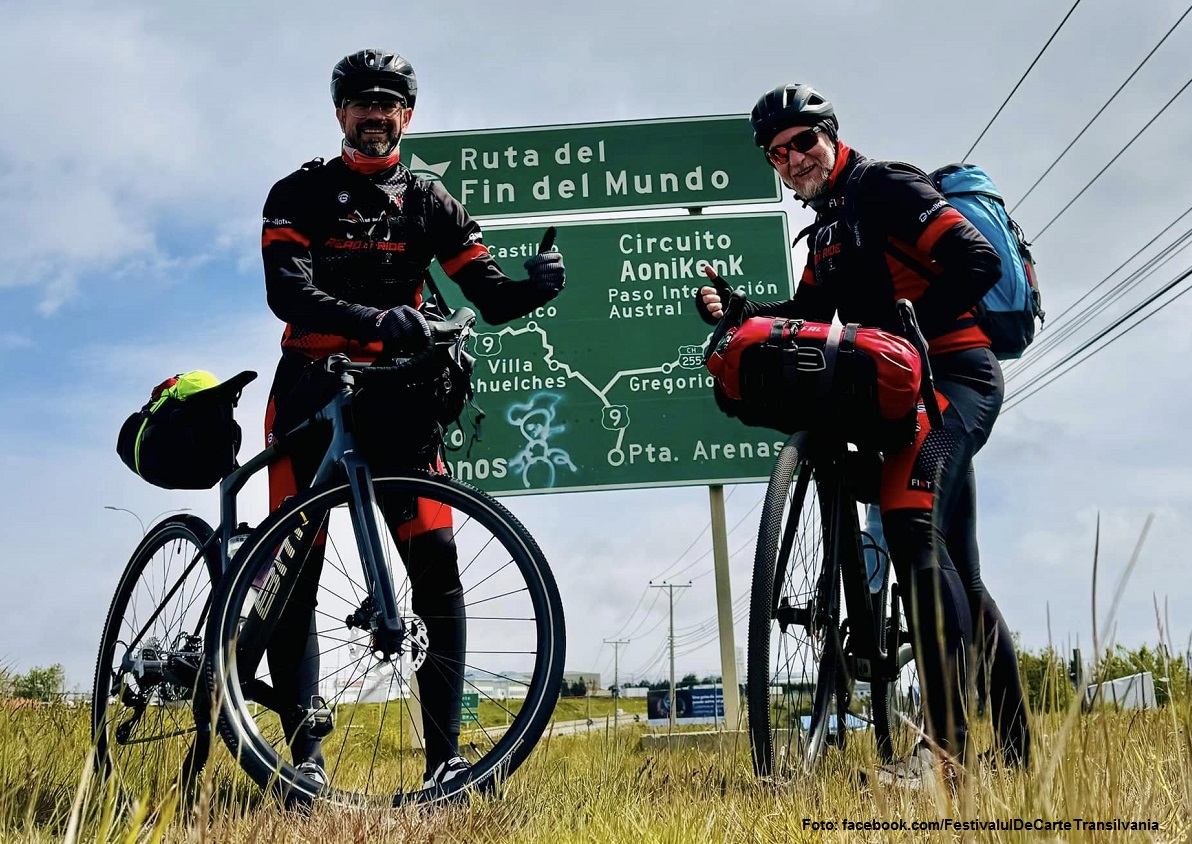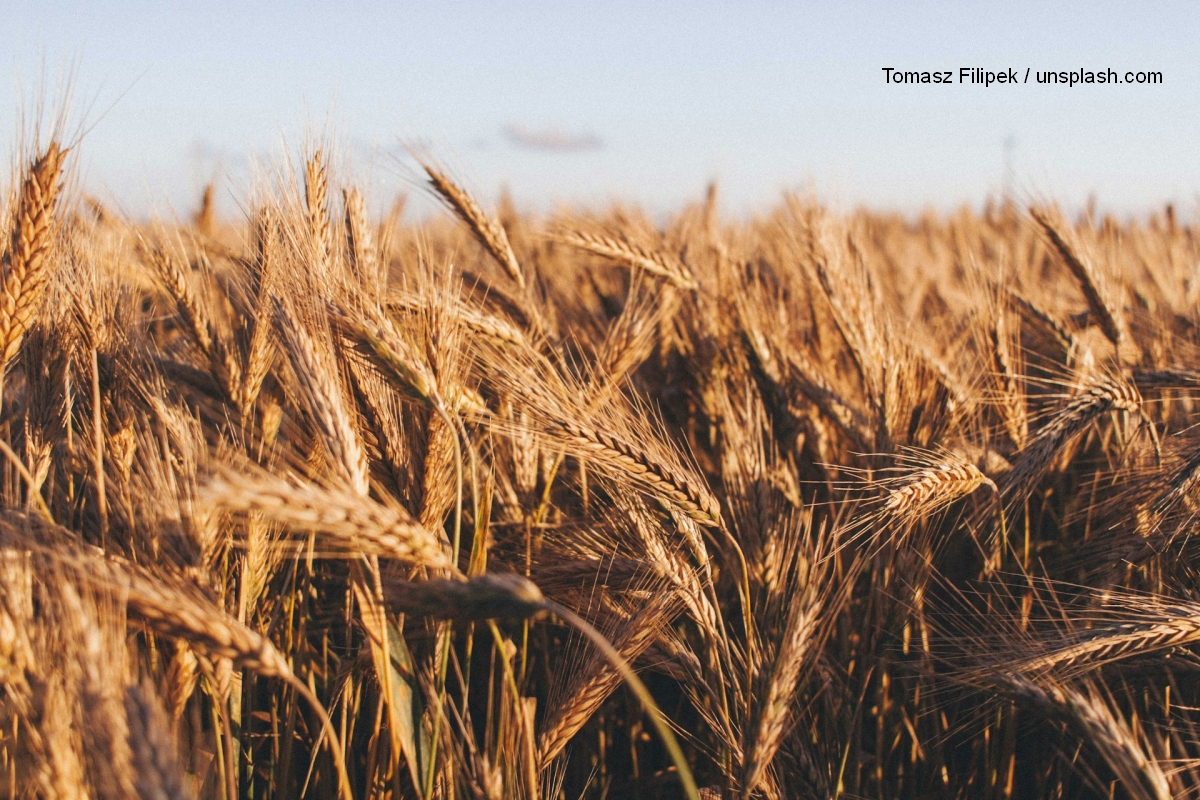Traditional milling in rural area
100 years ago, there were 367 traditional hydraulic installations in the upper basin of Mures River .

Ana-Maria Cononovici, 26.01.2021, 14:00
100 years ago, there were 367 traditional hydraulic installations in the upper basin of Mures River alone, with only three left at present, that form part of museum collections in Reghin and Sibiu. Scientific researcher Dorel Marc, with the Ethnography and Folk Art Section of the Mures County Museum, has found not only mills, but also many other devices made by peasants, which he included in a study entitled The traditional technical civilization and the peasant industries. Hydraulic installations in Mures area in the mid-20th century. The role of the miller in the life of the village is described in detail in the study.
Dorel Marc: This craft that became, in time, a genuine folk industry, can be found today only in the large open-air museums in Romania, such as Astra Museum of Sibiu, Dimitrie Gusti Museum in Bucharest and the Museum in Sighetu Marmatiei. These tools are still remembered by our grandparents, as some highly ingenious technical devices. They can still serve as inspiration for contemporary engineers.
First, there were the small hand mills, then, by using the force of waters, these mills developed a lot in the Middle Ages, first in the boyars’ households. In time, the peasants also earned the right to build mills in their own households. In the area of research, that is, the Mureş area, but also on Târnave, Dorel Marc found a number of particularities: “In 1956, when the Council of Waters made an inventory of the mills that were still functional, there were 400 mills in this area, of which 236 with a hydraulic wheel, 55 with two wheels and 5 with 3 wheels. But beyond these statistics, we must see milling as a phenomenon not only in economic terms, but also in social terms, since the role of the miller was very important in the rural community of the past. Many households became centers of traditional technical installations, in the sense that the same gutter, which brought water to the mills wheel, was also used to activate timber cutting, needed for constructions, or whirlwinds and oil presses. So in addition to the fact that the mill provided bread and polenta for the family, this complex system of installations served the entire household.
The grinding mechanism consisted in two millstones, one fixed and one mobile, the latter having the role of rotating and crushing the grains. With the same mill, with the help of a separator, wheat and corn were ground, because with the help of that separator or screw, the moving stone was lifted from the fixed stone and, depending on the height, it gave the required granulation. The force of water, which pushed the large wooden wheel from the outside, was transmitted to the mechanism that guided the moving stone with the help of large belts, initially made of leather and later of rubber.
The destiny of the miller families was sad, during the communist period, as they were declared ‘privileged, were persecuted, and their children banned from attending high schools. So the tradition remained a story. Dorel Marc plans to extend his research in the future: “I would like to continue this research related to the destinies of these millers, of these true owners, who were spread all over Romania.
The researcher wants to make traditional values a genuine attraction for tourists: It would be nice if tourists could see how wheat flour and corn flour are obtained with the traditional mills, how seeds are crushed to obtain oil, how wool is washed only with the help of this centrifugal force, without detergents, without polluting the environment. Who knows? Maybe, in the future, ethnologists will be more involved in these actions aimed at reviving some crafts, because there are such initiatives from people who still adhere to traditions, who want to reconstitute some crafts. It is good to keep in mind that this should be done scientifically, so as to preserve their authenticity.
In time, the mills and the milling activity have changed, so that after 1990, in some rural localities, mechanized, electric mills started to be used, particularly in agricultural production cooperatives. But just as homemade bread is less and less popular, village households are using mills less for grinding flour or corn and more for feeding the farm animals.






























